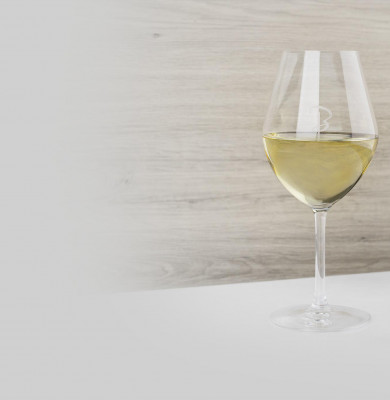
Why and how should wine be decanted?
It is not always easy to decide if a wine should be served directly from the bottle or decanted. We are going to help you get a clearer picture.
Decanting your wine: what’s the point?
Wine is a sensitive product that can easily deteriorate, so it should be paid the attention it deserves.
Firstly, decanting can be done for two different purposes. In both cases, the wine is transferred from its bottle to a decanter, but not for the same reasons.
- A young red or white wine can be decanted to aerate it.. It can simply be uncorked a few hours beforehand, but decanting accelerates the process. It refreshes and harmonises the aromas.
- For older wines, decanting is a delicate action that allows a wine to open up and to restore its balance. It also makes it possible to separate the deposit from the wine.
How should wine be decanted?
For young wines, decanting is very simple: it is just a question of pouring the contents of a bottle of wine into a decanter specifically designed for the purpose. They usually have a large, flat bottom, but this not mandatory; on the contrary, the aromas that are let loose will tend to disappear, unless it is a very full-bodied wine. It should then be left to rest for at least an hour, even three to four hours for very young or intense wines, before serving.
For older wines, decanting is a different story. There are conflicting schools of thought, since decanting old wines should be done with great care, and decided on a case-by-case basis. Wine, particularly when it is very old, is highly sensitive to any handling. Some sommeliers avoid decanting old wines, to avoid the risk of the wine “collapsing” with the oxygenation that occurs when it is poured into the decanter, even rapidly.
Which wines should be decanted?
Old wines with structure are prime candidates. They should also have firm, noticeable tannins, as this is what will allow the wine to hold its own. In plain language, for older vintages, only fine wines from great years should be decanted.
For younger wines, decanting is of interest for young reds: it helps them to gain consistency. This is particularly true for well-structured, complex wines, or those with high tannins. But young white wines can also be decanted: don’t hesitate to decant your Rieslings, for example. In all cases, ensure that the wine is left for the correct length of time before serving, and remember to keep your decanted wine at the right temperature for drinking.

